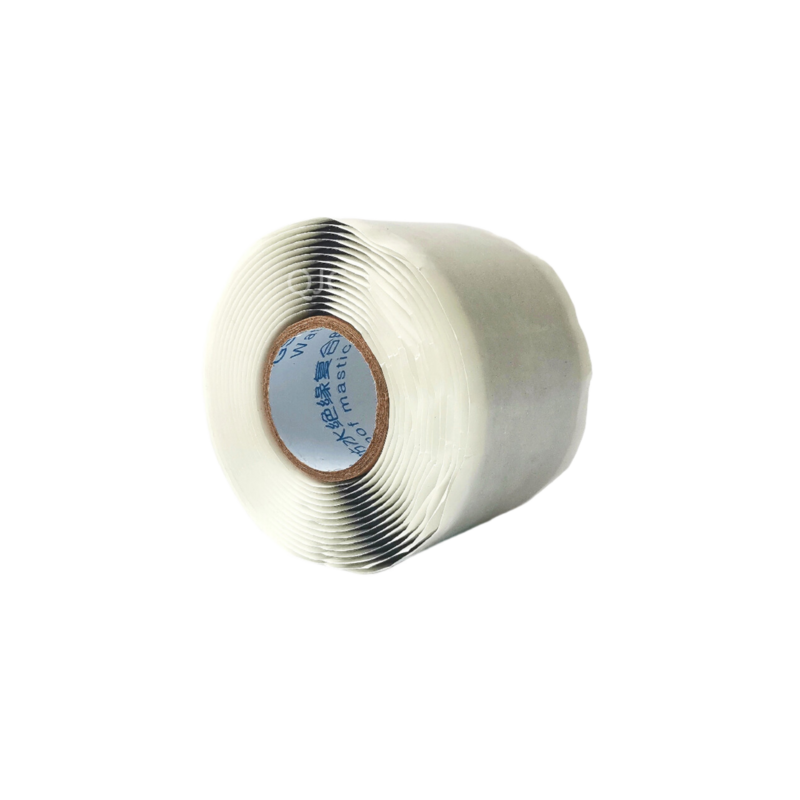The Advantages of Butyl Rubber Waterproofing
Waterproofing is an essential aspect of construction and maintenance in various settings, ranging from residential buildings to large industrial complexes. Among the numerous materials used for waterproofing, butyl rubber has gained significant popularity due to its unique properties and advantages. In this article, we will explore what butyl rubber waterproofing is, its benefits, applications, and why it may be the ideal choice for your next project.
What is Butyl Rubber?
Butyl rubber is a synthetic rubber manufactured from the polymerization of isobutylene, with a small amount of isoprene. This combination provides butyl rubber with excellent impermeability to gases and liquids, making it particularly effective in waterproofing applications. The material is known for its flexibility, durability, and resistance to aging, UV light, and harsh weather conditions.
Advantages of Butyl Rubber Waterproofing
1. Superior Waterproofing Abilities Butyl rubber is renowned for its exceptional impermeability. This quality makes it an excellent choice for roofs, basements, foundations, and other areas requiring waterproofing solutions. Its ability to create a tight seal prevents water intrusion, ensuring the longevity of structures.
2. Flexibility and Adaptability One of the stand-out properties of butyl rubber is its flexibility. This characteristic allows it to expand and contract with temperature changes or physical movement in the structure. Unlike other waterproofing materials, butyl rubber maintains its integrity and performance, minimizing the risk of cracks or breaks.
3. Resistance to Chemicals and UV Damage Butyl rubber possesses excellent resistance to a wide range of chemicals, including acids and alkalis, making it suitable for industrial environments. Additionally, it withstands UV radiation, helping to prevent degradation and ensuring the material’s longevity even in exposed outdoor settings.
butyl rubber waterproofing

4. Easy Installation The application of butyl rubber for waterproofing is straightforward, which can lead to cost savings in both materials and labor. It can be applied in liquid form or as a pre-manufactured membrane, offering versatility for various construction projects. The ease of application allows for quicker project turnaround times, minimizing disruption during installation.
5. Environmentally Friendly With increasing awareness of environmental issues, the demand for eco-friendly building materials is at an all-time high. Butyl rubber is considered to be relatively environmentally friendly compared to other synthetic materials. It also has a long lifespan, reducing the need for frequent replacements and minimizing waste.
6. Cost-Effectiveness While the initial investment in butyl rubber waterproofing might be higher compared to other options, its durability and low maintenance requirements often result in cost savings over time. Fewer repairs and replacements lead to lower long-term expenditure.
Applications of Butyl Rubber Waterproofing
Butyl rubber waterproofing is utilized in a variety of applications across multiple sectors
- Roofing It is often employed in roofing systems to create a waterproof barrier against rain and moisture. - Basements and Foundations Butyl rubber is commonly used in basement walls and foundations to prevent water seepage and protect structures from water-related damage. - Ponds and Reservoirs Due to its impermeability, this material is ideal for sealing water retention structures like ponds, reservoirs, and pools. - Industrial Areas In factories and plants, butyl rubber is used for waterproofing floors and other areas susceptible to spills and leaks.
Conclusion
In summary, butyl rubber waterproofing is an effective solution for various waterproofing needs due to its unique properties like flexibility, impermeability, and chemical resistance. Its ease of application and long-lasting nature make it a preferred choice for both residential and industrial projects. As more builders and property owners look for reliable and sustainable waterproofing solutions, butyl rubber stands out as a frontrunner that combines performance with environmental considerations. When planning your next waterproofing project, consider the myriad benefits offered by butyl rubber – a trusted ally in the fight against water intrusion.
-
The Versatility of Cloth Insulation TapeNewsApr.07,2025
-
The Power of Self Amalgamating Silicone TapeNewsApr.07,2025
-
The Importance of Weatherstrip Seal: Your Ultimate Protection SolutionNewsApr.07,2025
-
Tape Electrical Insulation: A Reliable Solution for Your Electrical NeedsNewsApr.07,2025
-
Discover the Wonders of Electrical Splicing TapeNewsApr.07,2025
-
Discover the Versatility of PVC Electrical TapeNewsApr.07,2025
